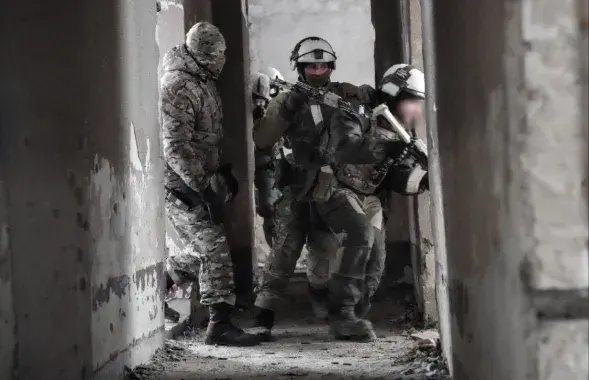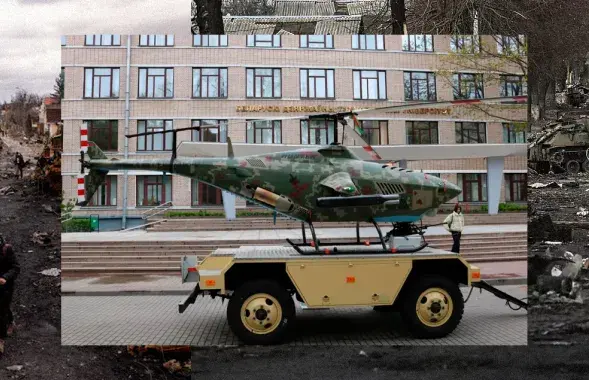UDF announces election strategy
The delegation comprised the leaders of the older generation of the Belarusian opposition: Liavon Barscheuski (Chairman, Party of the Belarusian Popular Front); Siarhei Kalyakin (Chairman, Party of Communists); Viktar Karniyenka (one of the leaders of the For Freedom movement); Anatol Lyaukovich (Acting Chairman, Kozulin-led Social Democratic Party); Anatol Lyabedzka (Chairman, United Civic Party).
During the visit, organized by the Warsaw-based Center for Foreign Relations, Anatol Lyabedzka announced on behalf of the opposition that they would take part in the elections as a united force.
Lyabedzka: “The decision has been made. We have said “No!” to the boycott. We have decided to take a limited but active part in the elections. We reserve the right to withdraw our candidates, if we are denied access to the vote count. The boycott of elections in the conditions of Belarus will no give the United Pro-Democracy Forces a lot of pluses. We have passed a document and it has been signed by 8 political structures. Under this document, we have approved a common list: 110 constituencies, 110 potential candidates, representing 11 political and public associations. We have also approved our message for the elections which stands as: “Public and civic controls over the authorities”.
Siarhei Kalyakin told the European Radio for Belarus about the program of the visit.
“We had a meeting at the Polish foreign ministry. The heads of departments asked about our attitude to the Polish government’s new initiative on new East European neighbors; about views about the allocation of significant funding for Eastern Europe, including Belarus. They also asked whether Belarus should be included into this New Neighbors program, because we are currently omitted from this program. We also had a meeting with Bogdan Borusiewicz, the speaker of the Seim, and a deputy culture minister. We are still scheduled to have meetings with Polish foreign minister Radoslaw Sikorski and at the office of the prime minister”, Kalyakin said.
The delegation of the United Pro-Democracy Forces agreed with the Poland-based Belsat TV channel, which broadcasts into Belarus, about the establishment of a public council under the channel. The European Radio for Belarus asked the politicians if it resembled censorship similar to Alexander Lukashenka’s controls over the Belarusian state television.
Kalyakin: “There is a need for this council. We have agreed with Belsat about it. This is not a supervisory board. This is rather a programming board, which could offer concrete assistance by giving advices and useful criticism. Today, we can see that not only Polish funding should be available to Belsat. We can do it. We can lobby for this”.
Mr Kalyakin criticized the letter written by younger colleagues to the Polish government, criticizing the European Radio for Belarus and Radio Racyja.
Kalyakin: “These people don’t know what democracy is about. We need to explain them”.
Asked when the opposition would eventually start winning, not just taking part in the elections, Anatol Lyabedzka reproached the critics by saying that the latter were doing nothing for the sake of democracy in Belarus.
Lyabedzka: “I don’t agree with the way this question is being posed, because our participation in politics cost us dearly. We paid with the lives of Hanchar and Zakharanka for it. Besides, thousands have passed through imprisonment. If you call it a desire to participate, I can’t agree with it”.
Finally, Lyabedzka who is banned by the government from traveling abroad told the European Radio for Belarus how he managed to leave the country. “I landed from the skies. Talking seriously, there are still chances of leaving Belarus through Russia. There are reports that Belarus is drawing up the black lists of Belarusians who are banned from traveling abroad. These lists will be passed to the Russians. But in this case, it will mean that Russia is assisting its neighbor to persecute the dissent inside the country”.
Photo: UCP

















